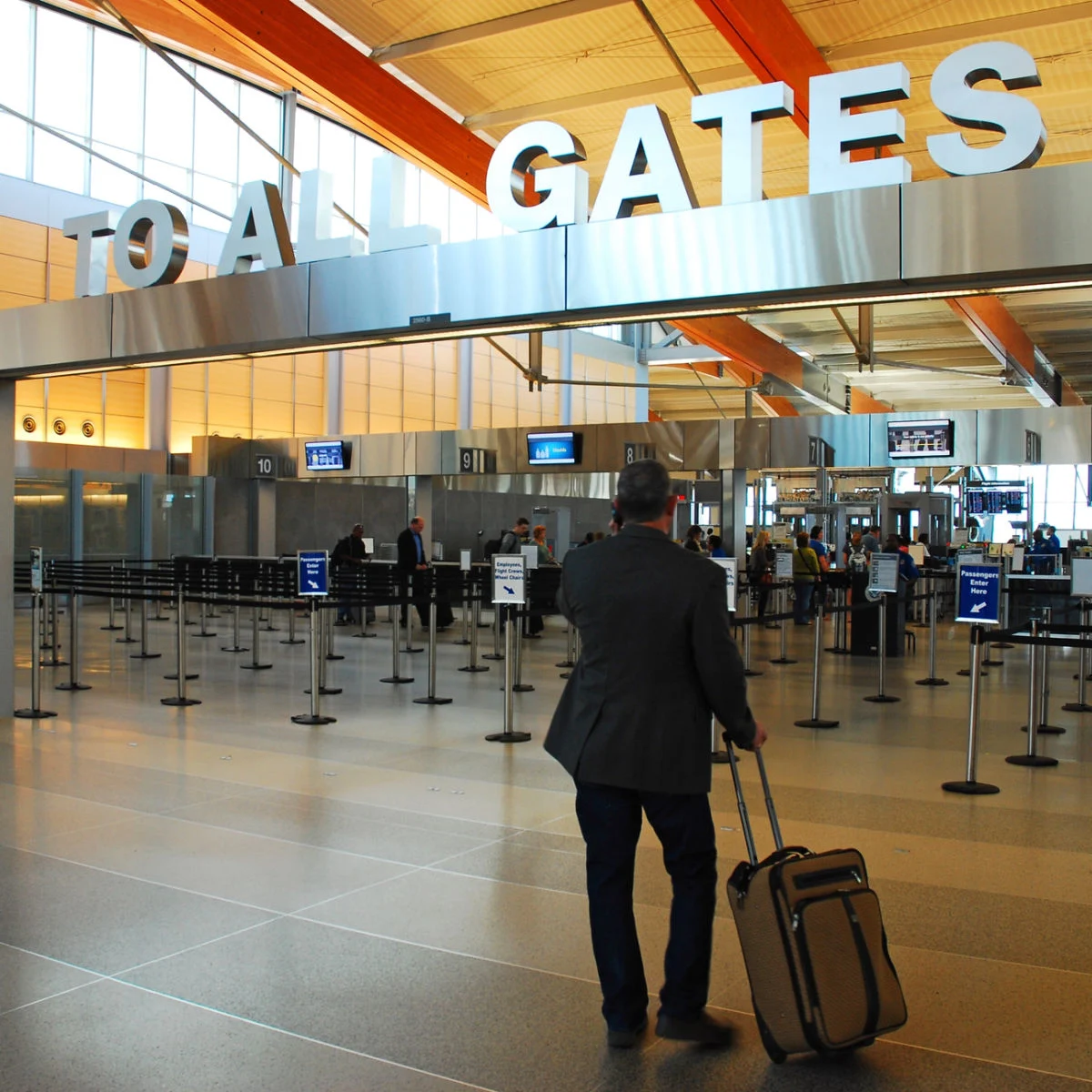Travel Guide
Why Using ChatGPT To Plan Your Vacation Could Be A Costly Mistake
Seasoned traveler or first-time flyer, we’ve all been guilty of this at some point in the last year or so:
You’re planning an itinerary for an upcoming trip, or checking the safety advice, and instead of seeking out qualified, expert human advice, you log into ChatGPT and fire off a mathematically worded prompt to get the fastest, shortest possible answer.
Most of the time, the AI will get it somewhat right.
It’s not exactly rocket science to whip up an impersonal top 10 list of things to do in Paris, until you dig a little bit deeper and realize it’s not actually feasible to visit all those museums in one day. After all, they’re too far apart! Who would have thought?
That’s just one small example of how AI can sometimes gloss over the finer details. More often than not, you’ll just end up with a logistical headache, but in some cases, a ChatGPT shortcoming can cost you your entire vacation.
That’s a lesson this Spanish couple learned the hard way:


Barred From Boarding Their Flight Due To A ChatGPT Mistake
As reported by VisasNews, Mery Caldass, a Spanish influencer planning a trip to Puerto Rico with her partner got barred from boarding her flight due to an incomplete ChatGPT answer she decided to run with.
As you would in the era of AI, Mrs Caldass reportedly used ChatGPT to plan her vacation, including as it pertains to the documentation required and visa rules. Here’s where the intelligence got it wrong:
When Mrs Caldass asked whether she and her partner needed visas to enter Puerto Rico, it immediately responded ‘no visa is required’. That’s not exactly incorrect, as Spanish citizens indeed do not need visas to travel to Puerto Rico, or any U.S. destination, for that matter.
The problem is, no visas does not exactly translate into no paperwork, and needless to say, it all derailed from there.


This Is What Went Wrong
If you’ve been following Travel Off Path for a while, you’ve noticed there’s a growing trend among countries of introducing Electronic Travel Authorization (ETA) systems.
Earlier this year, the United Kingdom slapped an ETA requirement on U.S. passport holders, ending decades of bureaucracy-free travel for Americans crossing the pond, and from 2026, it will be the European Union’s turn to roll out its own.
ETAs essentially function as online visas, except they are not officially visas:
In the case of the U.K., a visa is an official document issued by a British Consulate or mission to nationals of foreign countries who aren’t eligible to travel by presenting a valid passport only.


It is a lengthy, weeks-long process that typically involves attending an interview and paying a hefty fee, with no guarantee it will be approved.
Without a U.K. visa, citizens of Turkey, Russia, Vietnam, and a majority of ‘Global South’ countries cannot just get on the next flight out to London.
An ETA is just like a visa in a sense: without holding one, you can no longer travel to Britain as an American. The difference is, it is a lot easier to get than a visa, as it involves filling out a simplified form online, paying a small fee, and it’s typically issued instantly straight to your email.
No interviews, and definitely no commutes to a British Consulate. Nevertheless, it’s still mandatory.
You see where we’re going with this.


Europeans Need A Digital Permit To Enter The United States
You wouldn’t know unless, well, you were a foreigner, but the United States has had its own ETA system in place (dubbed ESTA) for years.
There are only two ways you can legally enter America as a foreigner: either as a holder of some sort of visa, or on a valid ESTA, and that is where ChatGPT’s arguably-poor advice, coupled with the traveler’s urge to skip the usual in-depth research that surrounds international travel, comes into play.
No, Mrs Caldass (and her partner) do not need visas to travel to Puerto Rico (the United States) as Spanish citizens, but they need an ESTA, which must be shown ahead of boarding.
So they booked their flights, accommodation, and planned activities, only to find out at the airport that, without an ESTA attached to their passports, they would not be allowed to board.
Viral On TikTok
The influencer took to TikTok to share a video of her reaction, teary-eyed, being comforted by her partner at the airport after learning they were ineligible to fly to Puerto Rico.
@merycaldass si hay una revolución de las IAs voy a ser la primera 4niquil-hada🧚♀️
In her words, she ‘always does a lot of research’, but when she asked ChatGPT whether there were any entry restrictions applying to Spanish citizens, the intelligence said no.
She went on to add, in very strong language, that she no longer trusts the ‘son of a b**** anymore’, and jokingly inferred this was the AI’s way of getting back at her for ‘insulting him’ and ‘calling him a jerk’ sometimes.
Although some of the responses have been supportive, other users mocked the influencer for relying exclusively on ChatGPT instead of double-checking official sources.
One user wrote that if you’re about to take a Transatlantic trip and rely entirely on ChatGPT for advice, ‘you’re probably not going to get very far’.


ChatGPT Isn’t Always Accurate
Regardless of the strong feelings, the incident sparked a much-needed discussion about ChatGPT’s, Gemini’s, and other artificial intelligence models’ limitations, as they tend to prioritize quick, short answers, but don’t always guarantee accuracy.
This is particularly true when it comes to travel, as regulations change frequently.
The only reliable sources for verifying visa rules are still official Government websites, and online tools that are directly informed by those, like Travel Off Path’s own Entry Requirement Checker:
It’s not AI, it’s human-reviewed daily, and updated regularly based on the latest information provided by the U.S. Department of State.
AI can be helpful, as long as you use it intentionally and proactively, not passively. In other words, don’t every word it cranks up as the holy gospel.


How To Avoid Making The Same Mistake
For example, if you were to ask ChatGPT whether you need a visa as an American to travel to the United Kingdom, it will respond ‘no’.
The intelligence is fast-evolving and constantly improving based on circular feedback from users, so we suspect that, after this widely-disseminated mishap, it would elaborate that, although Americans are visa-exempt, they still need a U.K. ETA to travel.
In case it doesn’t, the correct next step would be to ask if there are ‘any other requirements’ beyond a regular visa that apply to American citizens.
Even in that case, the AI is not the final authority on this matter. Always look up the official Government website, or, if you wouldn’t mind us doing a bit of much-earned self promo (👀) our Entry Requirement Checker.
We developed it with precisely these issues in mind for you, and it’s free to use. You’re welcome.
Pandemic or global reopening, summers of travel chaos or the rise and fall of the digital nomad, we’ve been here for travelers through it all, and we’re not leaving you at the mercy of computer-generated content anytime soon.
The Travel Off Path Advantage: Your Travel Toolkit
Subscribe To Our Latest Posts
Enter your email address to subscribe to Travel Off Path’s latest breaking travel news, straight to your inbox.
